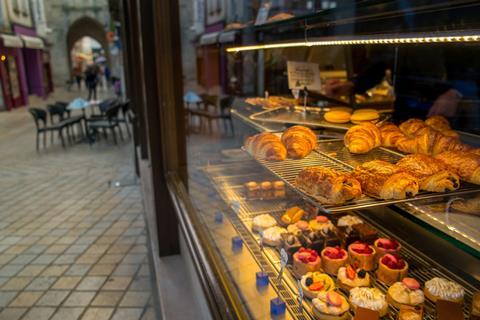
A new study has helped highlight a promising number of new bakery openings in major UK cities over recent years.
Commissioned by small business payment provider Tyl by NatWest, the Evolving Enterprise Index report found a 267% rise in new bakery shops nationwide from 2017 to 2022, showcasing a robust demand for bakery items. Many of these new openings were said to be independently run SMEs, with effective support needed to allow them to capitalise on growth opportunities.
The research was conducted in partnership with Data City and included analysis of five years of data from Companies House on new business openings. Tyl noted that, to establish a full national picture, it had selected the largest cities by metropolitan population across all 14 regions of the UK.
“From sourdough specialists to pastry professionals, the great British bakery is another institution experiencing a surge in popularity,” the report stated. “As the search for the perfect sweet treat to accompany lockdown walks became a ritual for shoppers, savvy new bakery businesses seized the captive market to transform themselves into community destinations.”
Among a varying rate of openings across the nation, cities that maintained a pre-existing market for new bakeries were found to display the strongest growth. This included Birmingham and Cardiff, both with 340% increases in bakery openings. On the other hand, Manchester had the largest increase in number of new shops, with 342 appearing in the city in the five years since 2017.
Multiple cities also emerged as hubs for new business in the bakery sector, sustaining a strong level after little or no growth had occurred in the base year. Leeds topped this emerging markets list with 88 new bakeries opening their doors by 2022 compared to none in 2017. A surge in activity was also seen in in the previously stagnant Edinburgh (62 new shops) and Portsmouth (25 new shops).
Thriving trade
“These findings just go to show how when faced with new challenges, bakeries have found a way to not just survive, but thrive,” said Tyl by NatWest CEO Mike Elliff. “The growth observed in local shops competing with chain supermarkets is a testament to the very best of British business and the way in which they shape our economy, and our country.”
Although closure rates of bakeries in the cities surveyed were not discussed, separate research from Tyl last year had 78% of respondents saying they wanted to see a resurgence of traditional high street shops including a local bakery.
The bread and bakery goods market was valued at around £8.4bn in 2022, according to an industry research report by Ibis World, observing a 29% increase in the number of new bakeries opening nationwide compared to the previous year.
Small business expert Teresa Heath-Wareing claims the key to a thriving SME economy is in a wide variety of sectors that will appeal to a diverse range of consumers. “It’s reassuring to see the positive outlook for small businesses who take the time to understand their local landscape and business climate,” she said.
“Small businesses are fighting an uphill price battle against larger organisations. To succeed in such a competitive environment SMEs must embrace the ways they add value to their customers that go beyond the bottom line.”
Tyl provided its top three tips for SMEs to improve their products and services, including:
- Get to know your customers better – tailor your offerings to fit the wants and needs of your customers using data, with AI tools such as chatbots and predictive analytics helping you make informed business decisions to help grow your customer base.
- Embed your business’ purpose in the community – the real growth and strengthening of customer relationships comes when you show how your business’ commitment to fighting climate crisis and social mobility issues specifically improves life for the local community.
- Diversify your payment methods – bricks-and-mortar shops are an important brand building piece for retailers, but consumers want flexibility and choice in how and when they pay.



















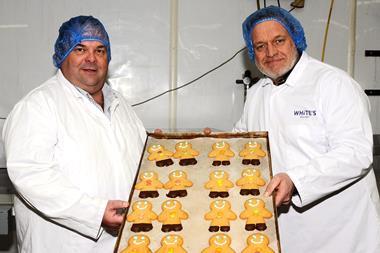



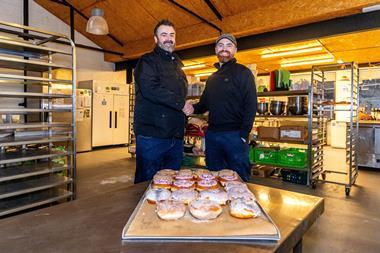
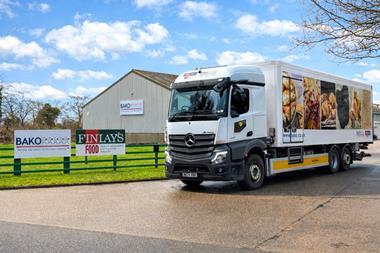
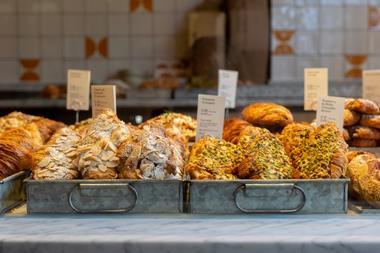
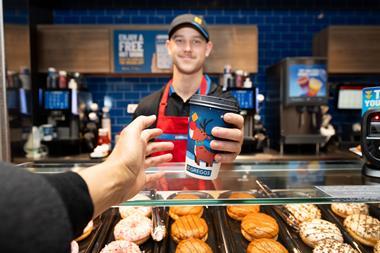
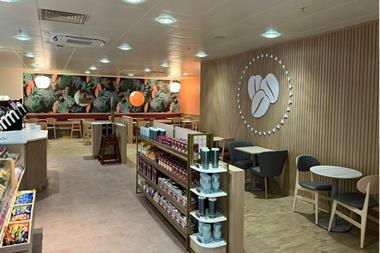


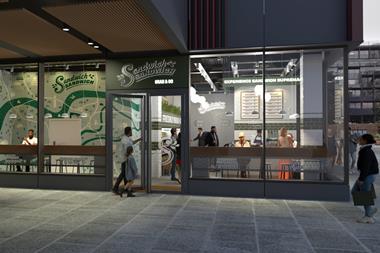

No comments yet